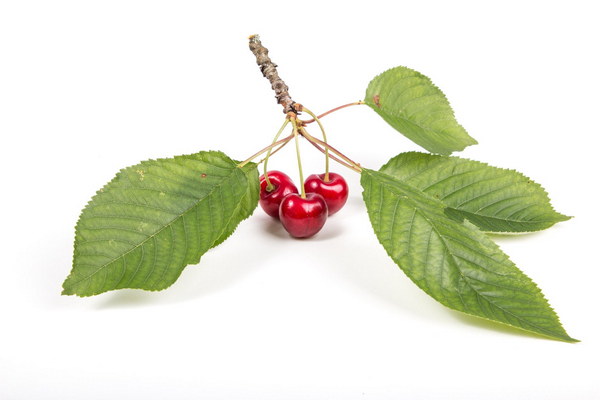The Science and Strategies Behind the Anti-Aging Revolution
In recent years, the anti-aging industry has experienced a surge in popularity, as more people seek to slow down the ticking clock and maintain their youthful appearance. This article delves into the science and strategies behind the anti-aging revolution, exploring the latest research and practical tips to help you age gracefully.
Understanding the Science of Aging
The process of aging is a complex interplay of genetic, environmental, and lifestyle factors. At its core, aging is characterized by the gradual decline in the function of cells, tissues, and organs. Here's a breakdown of some key factors contributing to the aging process:
1. Mitochondrial Dysfunction: Mitochondria, often referred to as the powerhouses of the cell, produce energy. As they age, they become less efficient, leading to reduced cellular energy and increased oxidative stress.
2. Telomere Shortening: Telomeres are the protective caps at the ends of chromosomes. With each cell division, telomeres become shorter, eventually leading to cell senescence and death.
3. Inflammation: Chronic low-grade inflammation can accelerate aging by promoting the breakdown of tissues and impairing the function of cells.
4. Glycation: This process involves the bonding of sugar molecules to proteins, leading to the formation of advanced glycation end products (AGEs), which are associated with inflammation and tissue damage.
Strategies for Anti-Aging

While aging is an inevitable part of life, there are several strategies that can help mitigate its effects:
1. Dietary Interventions: A balanced diet rich in antioxidants, vitamins, and minerals can help combat oxidative stress and reduce inflammation. Foods like berries, nuts, green tea, and dark chocolate are known for their anti-aging properties.
2. Regular Exercise: Physical activity promotes healthy aging by improving cardiovascular health, muscle strength, and bone density. It also enhances the production of endorphins, which can boost mood and energy levels.
3. Sleep: Quality sleep is crucial for cellular repair and regeneration. Aim for 7-9 hours of uninterrupted sleep each night to ensure your body has time to rejuvenate.
4. Stress Management: Chronic stress can accelerate aging. Techniques such as meditation, yoga, and deep breathing exercises can help manage stress levels.
5. Skin Care: Use sunscreen daily to protect your skin from harmful UV rays, which can accelerate the aging process. Additionally, incorporate antioxidants and retinoids into your skincare routine to combat signs of aging.
6. Anti-aging Supplements: Some supplements, like resveratrol, Coenzyme Q10, and vitamin D, have been shown to have anti-aging effects. However, it's important to consult with a healthcare professional before starting any new supplement regimen.
7. Preventive Medicine: Regular health check-ups and screenings can help identify and address health issues early, potentially preventing more serious complications as you age.
The Future of Anti-Aging
As our understanding of the aging process continues to evolve, so does the potential for new anti-aging therapies. Some of the most promising developments include:
- Stem Cell Therapy: This involves using stem cells to regenerate damaged tissues and organs, potentially reversing the signs of aging.
- Gene Editing: Advances in CRISPR technology may soon allow us to edit our genes to prevent or reverse aging-related diseases.
- Bioidentical Hormone Replacement Therapy (BHRT): BHRT can help restore hormone balance in the body, which is often disrupted as we age.
In conclusion, while aging is an intricate process influenced by various factors, there are numerous strategies available to help us age gracefully. By incorporating these science-backed approaches into our daily lives, we can enhance our quality of life and maintain a youthful appearance well into our golden years. The future of anti-aging is bright, and with continued research and innovation, we may soon be able to slow down the hands of time even further.









